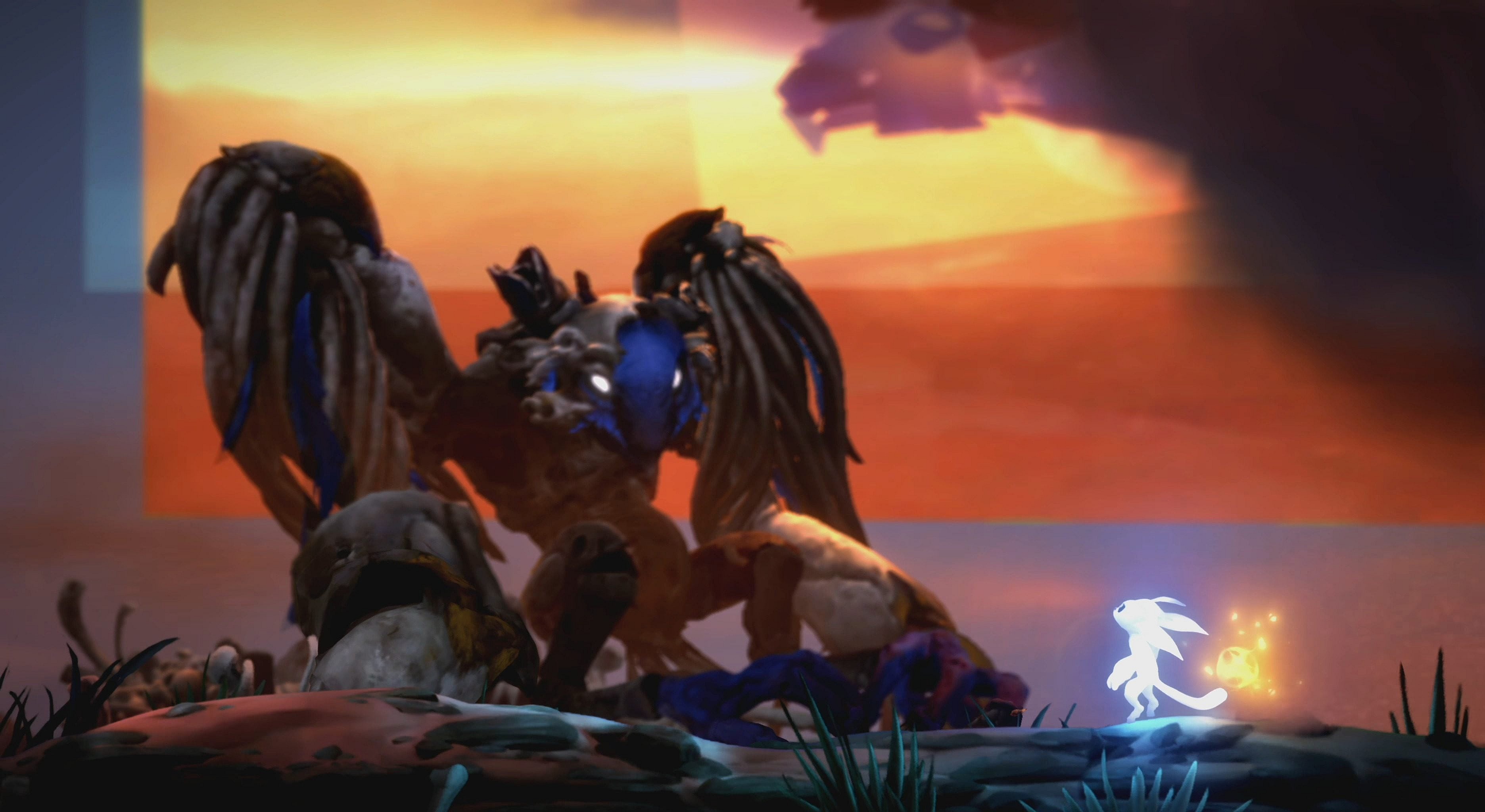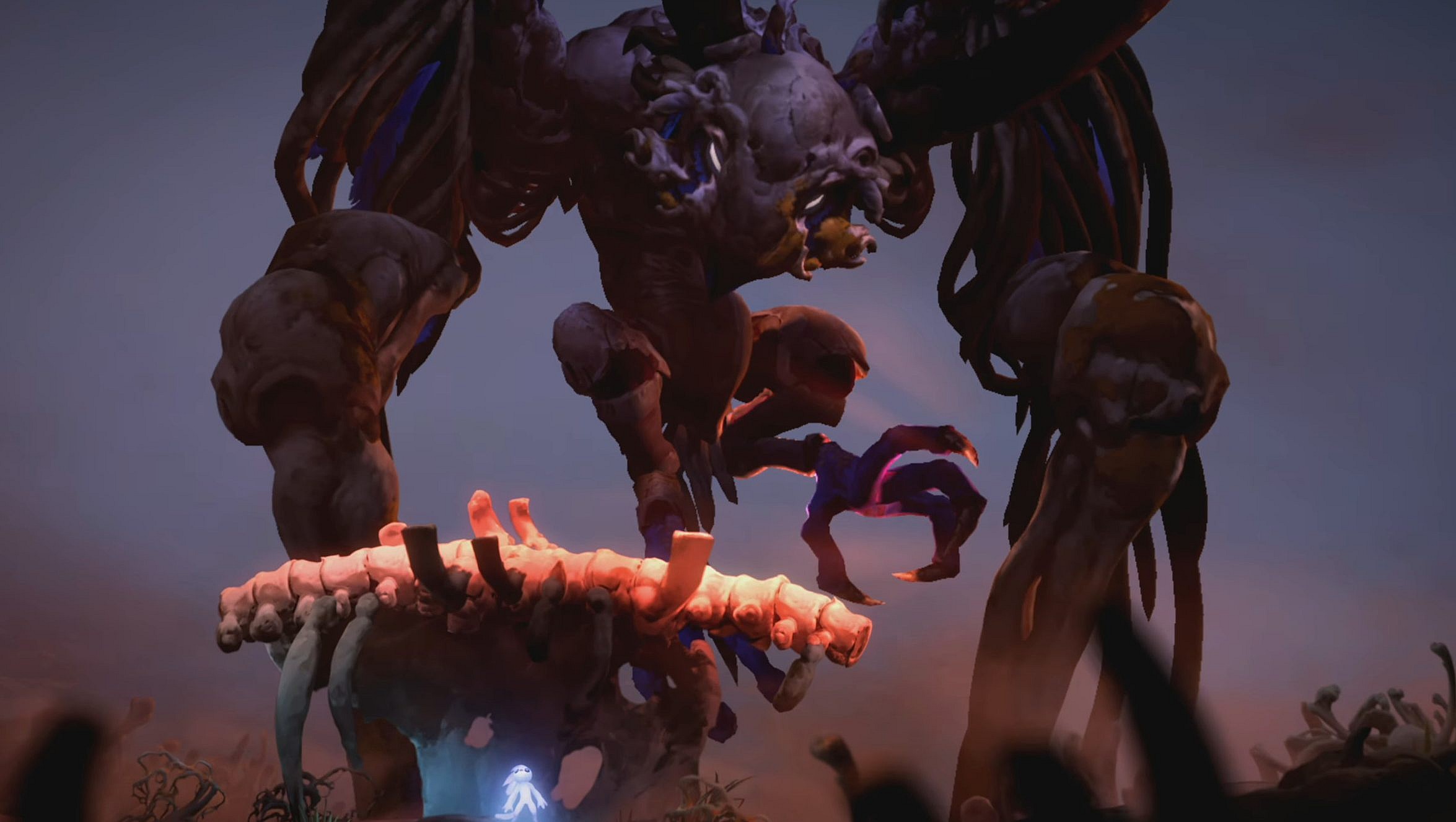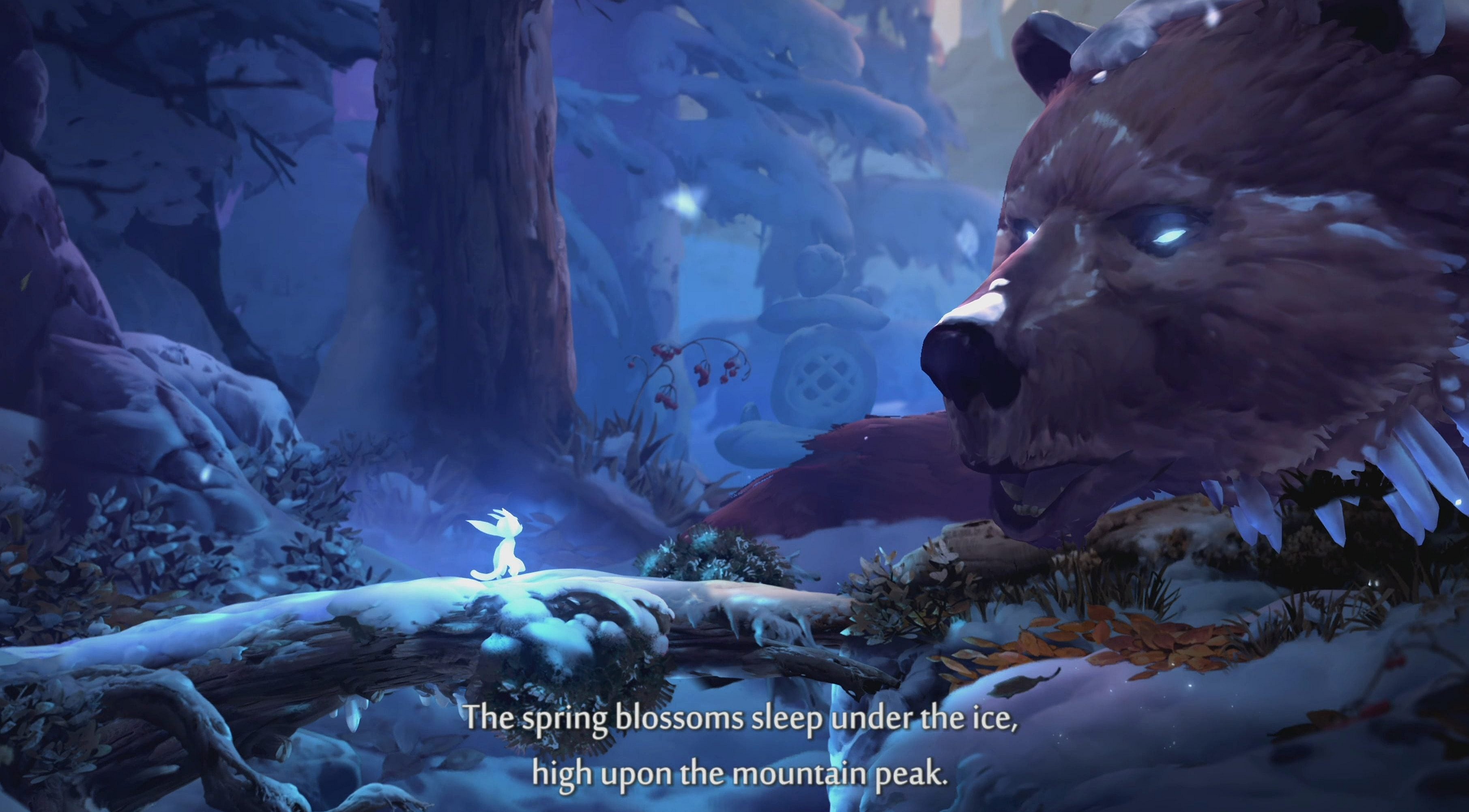Moon Studios CEO And ‘Ori’ Series Director Refuses To “Force DEI Stuff Into The Games”, Says He Finds “That Entire Approach Perverted”

It seems that, among the wider video game industry, there still exists some creators who believe in the concept of artistic integrity – and one of them is none other than Moon Studios CEO Thomas Mahler.

Mahler, who in addition to founding and leading said studio also directed its twin hits Ori and the Blind Forest (2015) and Ori and the Will of the Wisps (2020), made clear his dedication to his craft in a lengthy statement published to his personal Twitter account on October 13th.
In light of his recent calling out of Kotaku Senior Editor Alyssa Mercante’s disingenuous attempt to insult and smear his character, the video game developer reported that “every now and then” he was still “getting questions on whether we force DEI stuff into the games we’re making,” and as such had decided to make his (and thus the studio’s) stance on the matter “clear once and for all”.

And while one could spend time trying to figure out how to best summarize Mahler’s words and sentiments, given the direct and open nature of his response, it seems more prescient to just let the man speak for himself – so buckle up for a multiple-paragraph-long block of quoted text.
Beginning by addressing the aforementioned fan questions regarding whether or not Moon Studios followed any strict DEI directives, the CEO asserted, “Absolutely Not. I find that entire approach perverted. I’m an artist, I would rather quit than have someone else tell me how we should do our art. That would make a mockery out of everything I believe in.”

“I’ve been very much outspoken on on how I feel about consulting and I still very strongly feel that if people haven’t lived the process and don’t have to think about the issues at hand 24/7, they will always deliver worse work than those who do,” he explained. “When it comes to the stories we’re telling, I always approach it from a human angle first and foremost and let the story tell me where it needs to go. If it tickles me to have a gay character in our story and I feel like that character could be fascinating then I will push for that. But I would NEVER make a character gay simply because some outside party told me that it’s hip to do so and that we might face backlash if we don’t.”
“Art fundamentally doesn’t work that way,” Mahler continued. “Everyone has stories inside of them that are based on the experiences that they went through in their lives and to me what elevates art beyond just craft is when you’ve reflected enough to know who you are and then let those stories out because those experiences that you lived through are most likely experiences that other people can relate to that will speak to them in a profound manner. Because they’re real.”

“Ori and the Blind Forest in many ways was about me reflecting on what it was like to see my father dying of cancer when I was 10 and being grateful to my mom,” said the duology’s director. “Wisps on the other hand was written when we all started to have kids in the studio and imagining what it would be like to have a kid with a disability. I wrote the first draft of [our upcoming game] No Rest for the Wicked quite some time ago and that also came from a very specific place.”
“I hope that clarifies it for everybody,” he concluded. “I’ve had to learn the hard way what it means to be an artist and I’d never let anyone take that away from me.”

Met with support and agreement from Twitter user @MadamSavvy, Mahler thanked sharing her criticism of the ‘Characters can only be written by people who are exactly like them’ mindset and laughed, “How did Shakespeare write all these fascinating female characters then? It boggles the mind.”

“Thinking that only a woman can write an interesting female character is just… I don’t like to speak that way online, but it’s naive at best and ignorant at worst,” he ultimately concluded. “If a male writer can write female characters such as Beatrice or Lady Macbeth, to me that’s case closed.”

